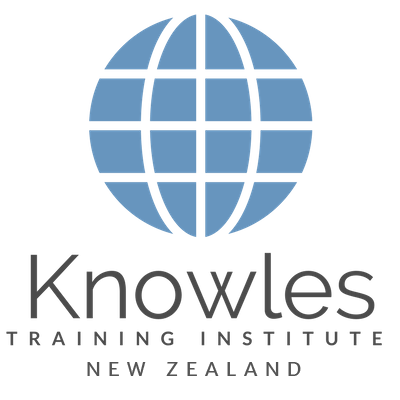Supply Chain Management Training Course in New Zealand
Our corporate training course is also available in Auckland, Wellington, Christchurch, Hamilton, Tauranga, Napier-Hastings, Dunedin, Palmerston North, Nelson, Rotorua, New Plymouth, Whangarei, Invercargill, Wanganui, Gisborne, Lower Hutt, Upper Hutt, Porirua, Waitakere, Manukau, North Shore, Hastings, Levin, Timaru, Papakura, Pukekohe East, Taupo, Masterton, Levin, Tokoroa, Queenstown, Wanaka, Kaikoura, Paihia (Bay of Islands), Franz Josef, Milford Sound, Akaroa, Arrowtown, Coromandel Town.
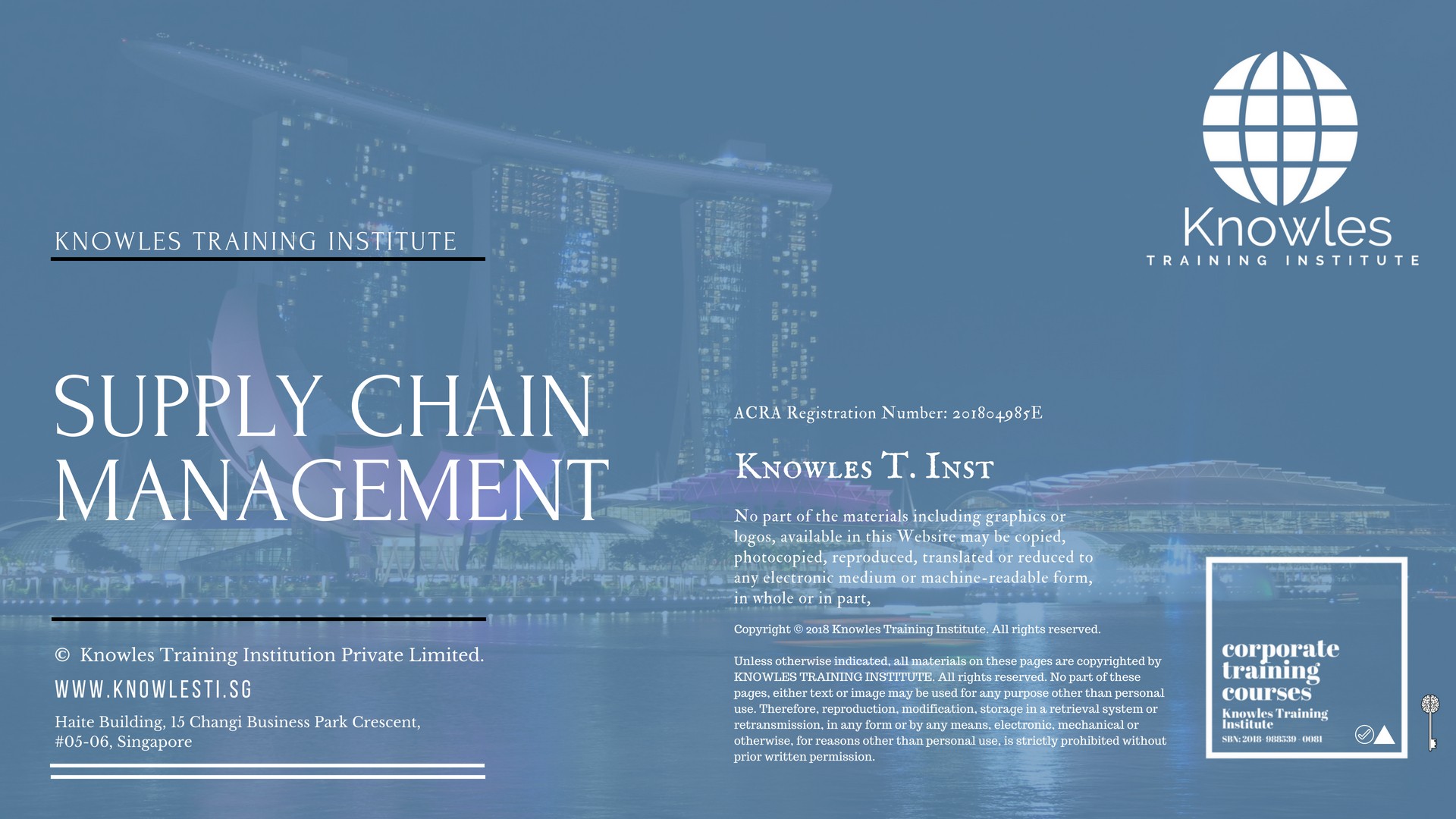
About This Supply Chain Management Training Course in New Zealand
Supply Chain Management Course in New Zealand
You see those tags on your shirt and it indicates being made somewhere outside the country. Have you ever wondered how products were shipped and made their way to the store? The process of transferring goods from one point to another is called a supply chain. And the process of making sure that the flow of the supply chain is smooth sailing to achieve competitive advantage is called the supply chain management.
Who Should Attend This Supply Chain Management Course in New Zealand Workshop
This Supply Chain Management Course in New Zealand workshop is ideal for anyone who would like to gain a strong grasp and improve their Supply Chain Management.
All Staff Within An Organisation
Managers
Team Leaders
Executives
Assistants
Officers
Secretaries
Group Size For This Supply Chain Management Training Program in New Zealand
The ideal group size for this Supply Chain Management course in New Zealand is:
Minimum: 5 Participants
Maximum: 15 Participants
Course Duration For This Supply Chain Management Skills Course in New Zealand
The duration of this Supply Chain Management Course in New Zealand workshop is 2 full days. Knowles Training Institute New Zealand will also be able to contextualised this workshop according to different durations; 3 full days, 1 day, half day, 90 minutes and 60 minutes.
2 Full Days
9 a.m to 5 p.m
Supply Chain Management Course in New Zealand Benefits
Below is the list of course benefits of our Supply Chain Management course in New Zealand
- Learn to improve coordination and between suppliers, producer and customer.
- Manage effectively to prevent complication.
- Lower cost and improve efficiency.
- Improve customer satisfaction.
Supply Chain Management Course in New Zealand Objectives
Below is the list of course objectives of our Supply Chain Management course in New Zealand
- Define supply chain management
- List the benefits of supply chain management
- Understand the key terms
- Explain the three levels of supply chain management
- State the five stages of supply chain management
- Describe the flows of supply chain management
- Explain the different levels of inventory
- Recognise the different supply chain groups
- Illustrate how to track and monitor effectively
- Discuss the supply chain event management
Course Content For This Supply Chain Management Training Course in New Zealand
Below is the list of course content of our Supply Chain Management training course in New Zealand
Supply Chain Management Course in New Zealand – Part 1
- Customer Satisfaction
- Improving Performance
- Lowering Costs
- Product Development
Supply Chain Management Course in New Zealand – Part 2
- Procurement
- Upstream and Downstream
- Raw Material
- Forecasting
Supply Chain Management Course in New Zealand – Part 3
- Carrying Cost
- Inventory
- Order Generation
- Order Taking
Supply Chain Management Course in New Zealand – Part 4
- Order Fulfillment
- Returns Management
- Strategic level
- Tactical level
Supply Chain Management Course in New Zealand – Part 5
- Operational Level
- Bullwhip Effect
- Plan Your Supply Chain
- Source Your Supply Chain
- Make Your Supply Chain
Supply Chain Management Course in New Zealand – Part 6
- Deliver Your Supply Chain
- Return Your Supply Chain
- The Product Flow
- The Information Flow
Supply Chain Management Course in New Zealand – Part 7
- The Finances Flow
- Data Warehouses
- Levels of Inventory
- Just-In-Time Inventory
Supply Chain Management Course in New Zealand – Part 8
- Keeping Accurate Records
- Inventory Calculator
- The Suppliers
- The Producers
Supply Chain Management Course in New Zealand – Part 9
- The Customers
- The Customer”s Customer”s
- Dashboard
- RFID”s
Supply Chain Management Course in New Zealand – Part 10
- Alert Generation
- Stock Keeping Unit (SKU)
- Inventory Alerts
Supply Chain Management Course in New Zealand – Part 11
- Supplier Alerts
- Bottlenecking
- Being Proactive
Supply Chain Management Course in New Zealand Value Added Materials
Each participant will receive the following materials for the Supply Chain Management course in New Zealand
Supply Chain Management Course in New Zealand Learner’s Guide
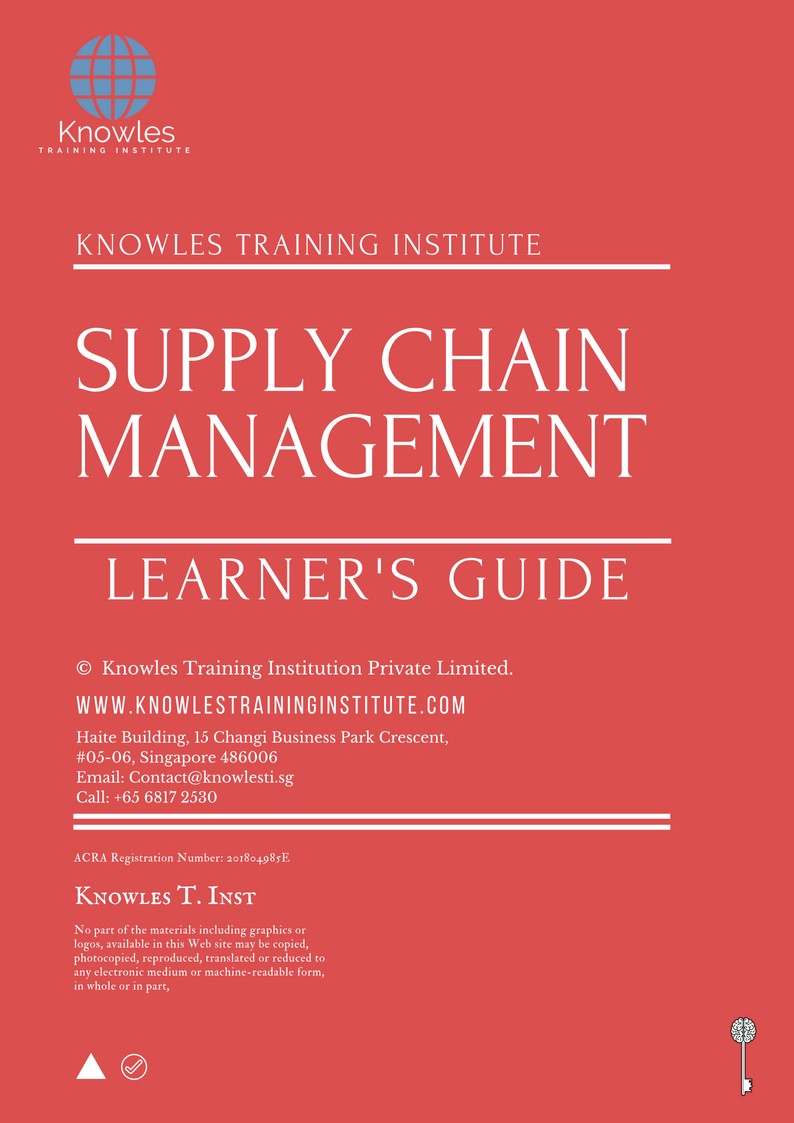
Supply Chain Management Course in New Zealand Handouts
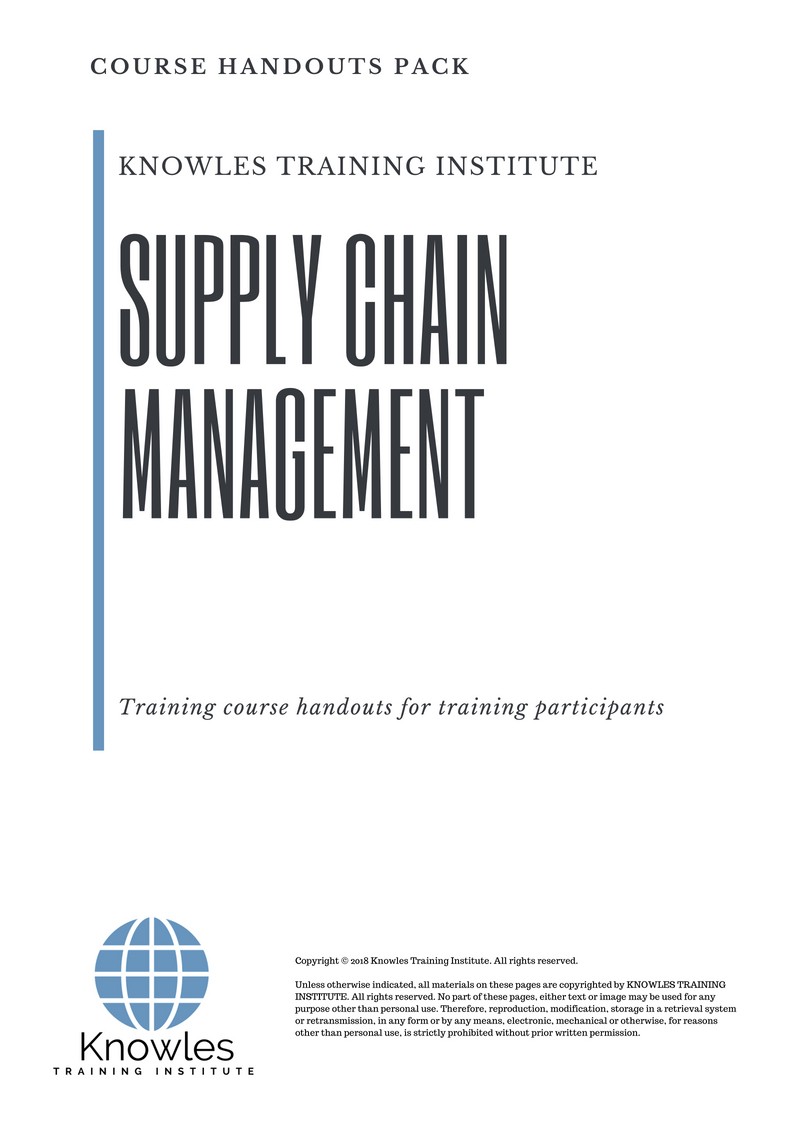
Supply Chain Management Course in New Zealand PPT Slides Used During Course
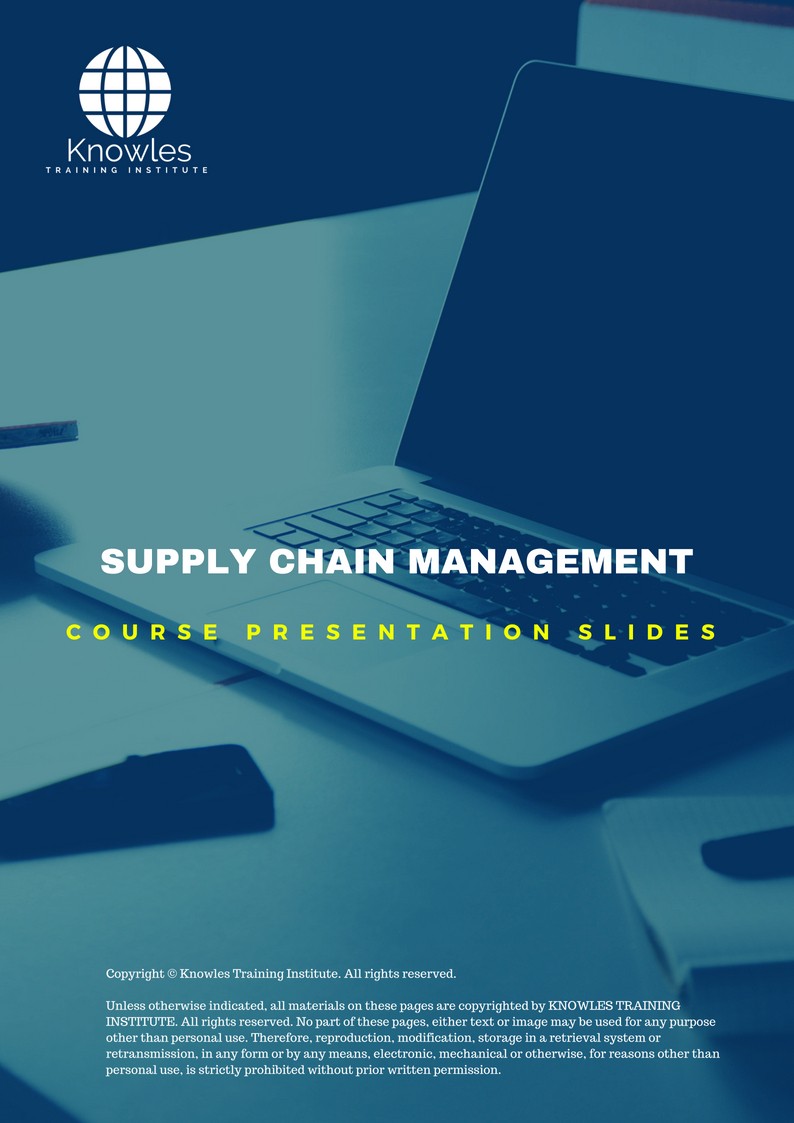
Supply Chain Management Course in New Zealand Certification
Each course participant will receive a certification of training completion
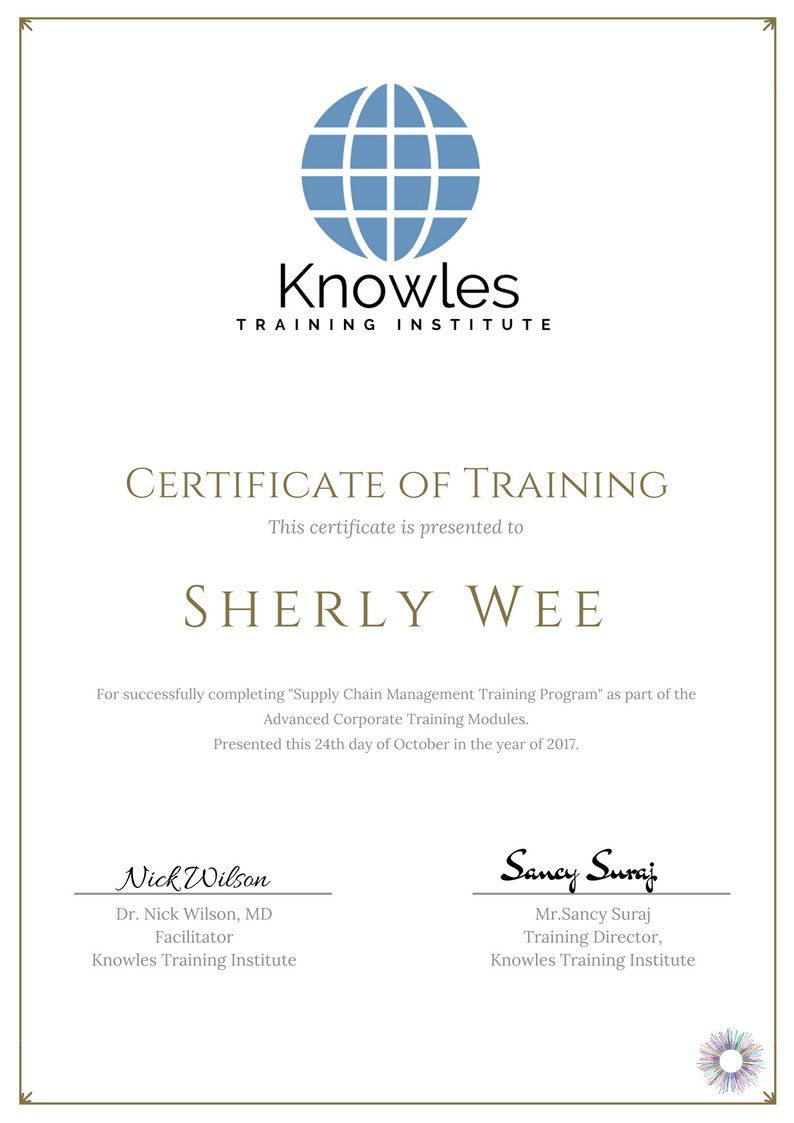
Course Fees For Supply Chain Management Training Course In New Zealand
There are 4 pricing options available for this Supply Chain Management training course in New Zealand. Course participants not in New Zealand may choose to sign up for our online Supply Chain Management training course in New Zealand.
- USD 1019.96 For a 60-minute Lunch Talk Session.
- USD 434.96 For a Half Day Course Per Participant.
- USD 659.96 For a 1 Day Course Per Participant.
- USD 884.96 For a 2 Day Course Per Participant.
Discounts available for more than 2 participants.
Upcoming Supply Chain Management Training Course in New Zealand Schedule
Contact us for the latest Supply Chain Management course in New Zealand schedules:
Email: contact@knowlesti.nz
Message:
Download Supply Chain Management Course in New Zealand Brochure
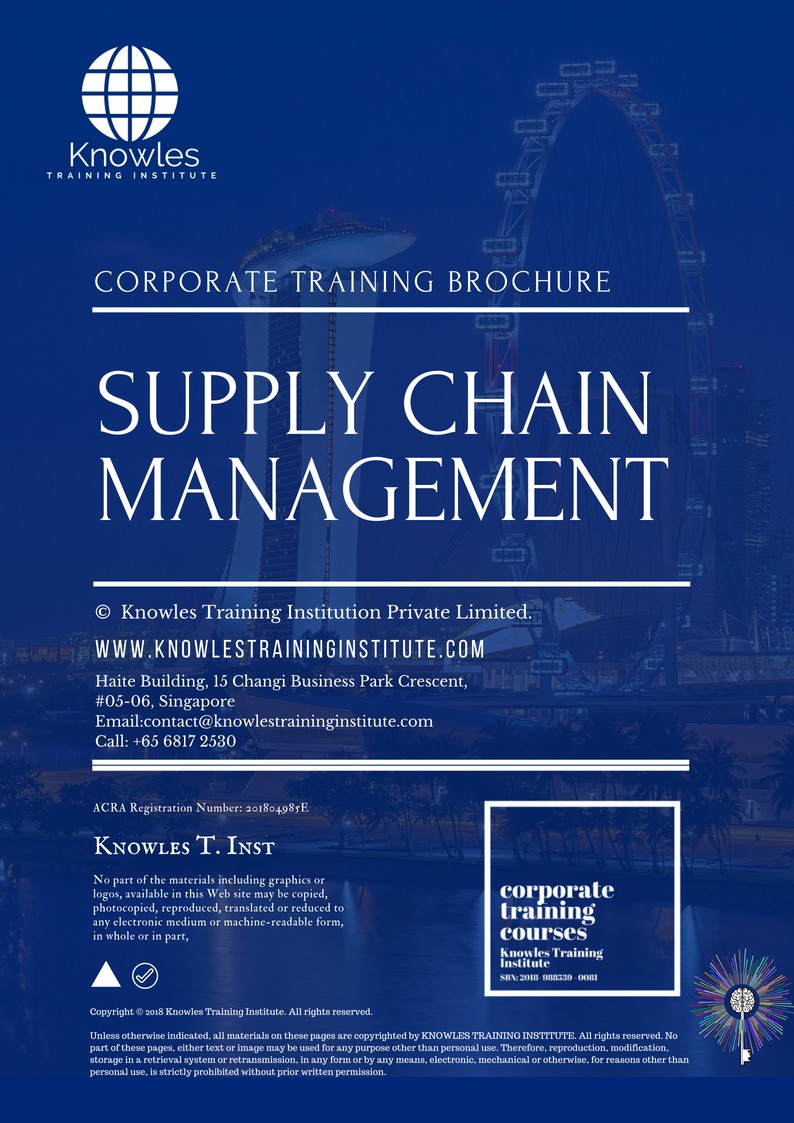
Request for this Supply Chain Management course in New Zealand brochure. Fill up the short information below and we will send it to you right away!
Post Training Support: A vast majority of training does not have any effect beyond 120 days. To work, training has to have a strong pre- and post-training component. Post-training reinforcement helps individuals to recall the understanding and ask questions.
Blended Learning: Learning does not occur in the classroom. Virtually everybody prefers distinct ways of learning. Successful learning should have a multi-channel, multi-modal strategy.
- We Understand The Industry: We’ve got a profound comprehension of the business, business design, challenges, strategy and the that our participants are in and have designed the courseware to cater to their professional needs.
- Course Content: Knowles Training Institute’s material is relevant, of high quality and provide specific learning results. Participants will leave the training course feeling as they have gained a strong understanding and will also be in a position to execute what they have learned sensibly.
Course Development — The workshop modules follow a systematic and logical arrangement. This structure helps to ensure that the course material allows the facilitators to deliver the course in a logical arrangement. Consider the subjects as building bricks into learning, our facilitators slowly build towards a comprehensive picture of this entire topic.
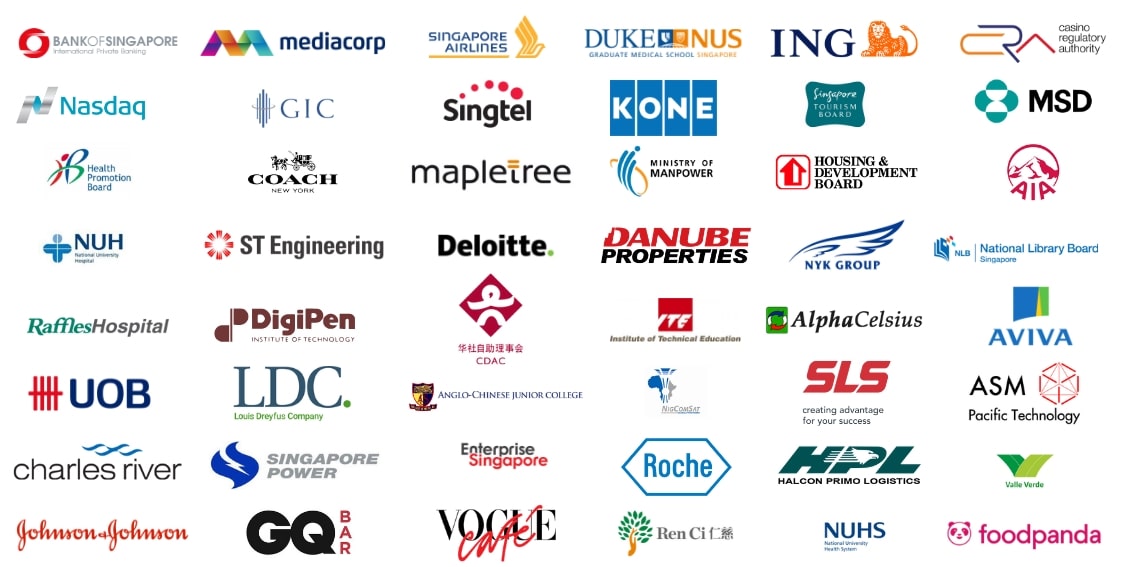

Course Enquiries
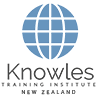
Fill up the form and we will get back to you in less than 1 working day.
Alternatively, give us a call to have one of our training consultants contact you. Our corporate training courses can be contextualized to meet your organization’s training needs. Leverage on our large pool of professional trainers and consultants for your organization’s training needs.
Email: contact@knowlesti.nz
We Guarantee 100% Privacy. We Respect Your Privacy. Your Information Will Never Be Shared.
